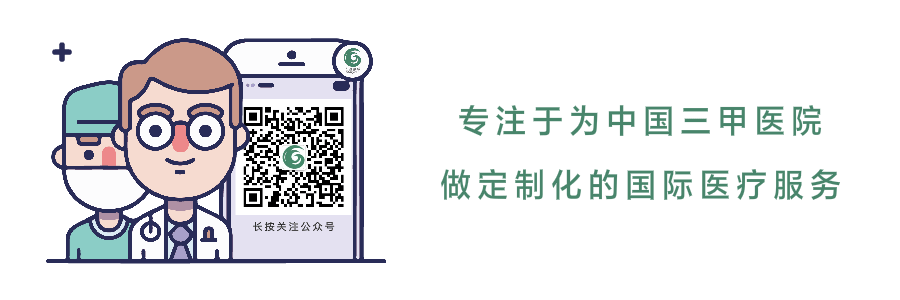-
News & Events

That breast cancer has surpassed lung cancer as the most commonly diagnosed cancer worldwide has been being the hottest topic recently.
According to World Health organization, clinicians diagnosed roughly 19.3 million new cancer cases worldwide last year alone, with 10 million deaths. Female breast cancer led the way in diagnoses with 2.3 million new cases (11.7%), followed by lung (11.4%).
For this episode, we invite Prof. Kümmel, Clinical Director and Chairman of Interdisciplinary Breast Unit as well as the Lead of Breast Cancer Research Program at Kliniken Essen-Mitte, to our interview to share his insights in the status quo of breast cancer.
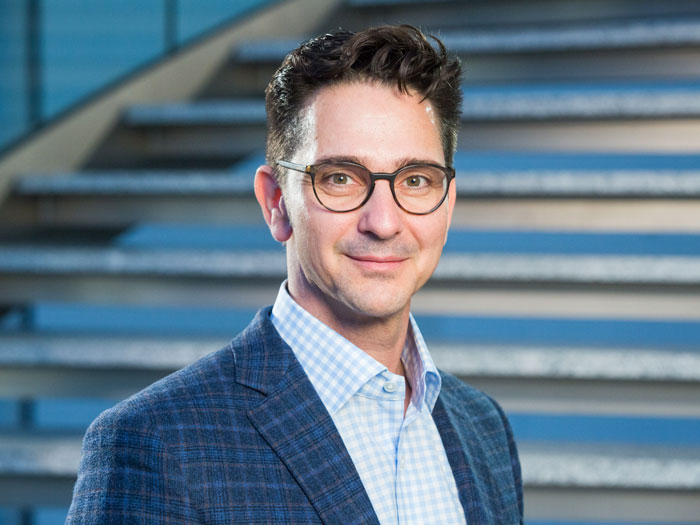
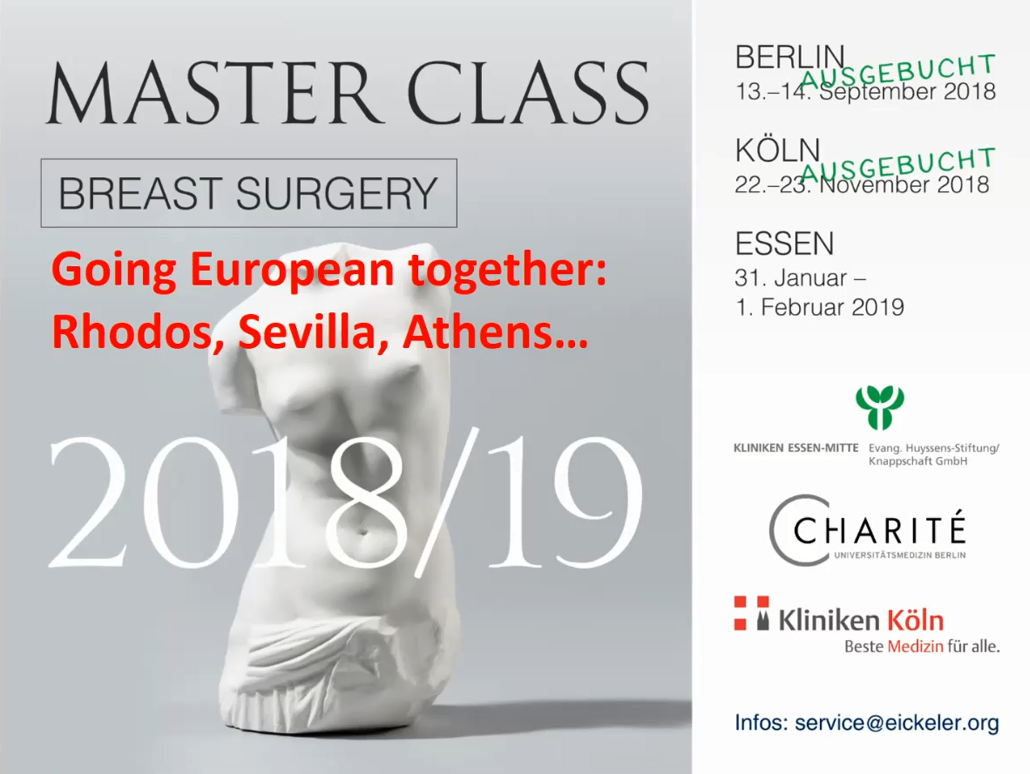
▲Master Class for Breast Surgery implemented by Prof. Kümmel and Charité.
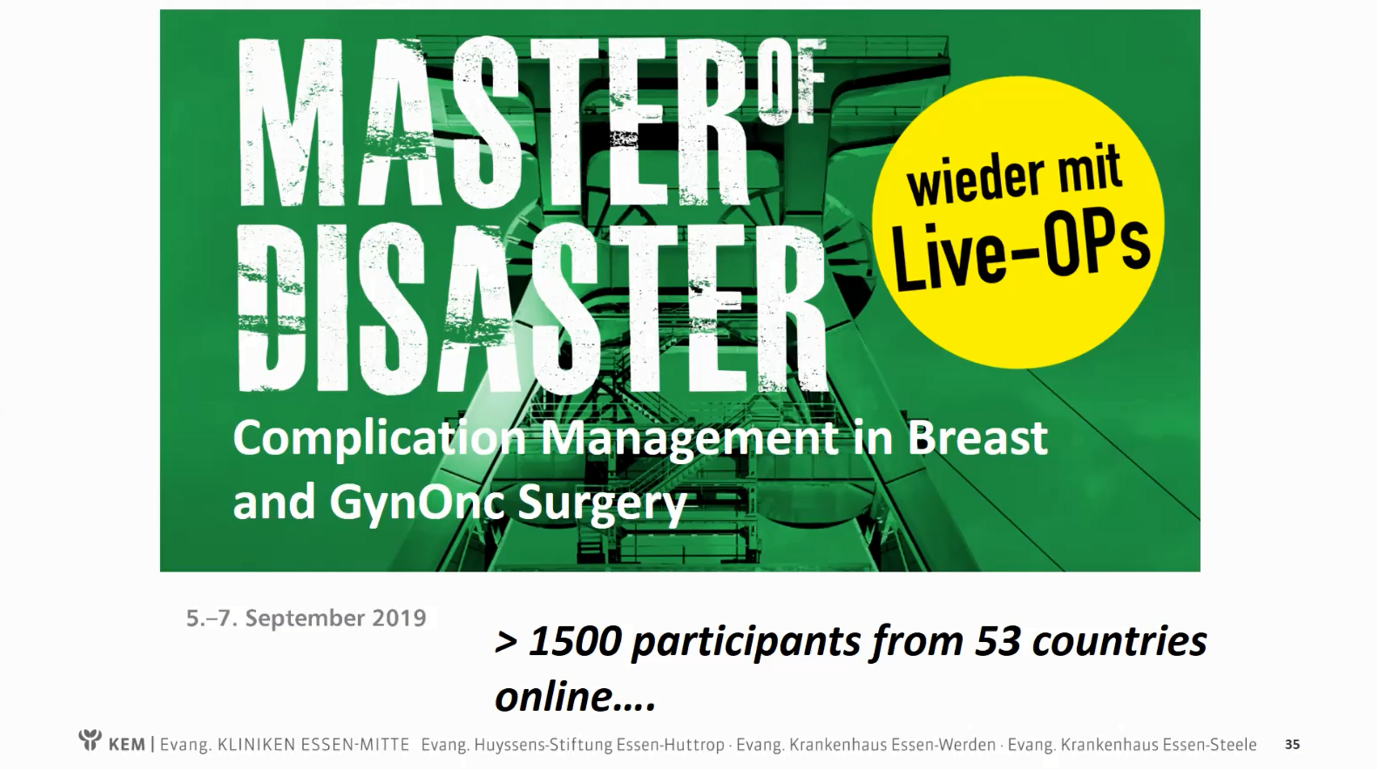
▲Master of Disaster initiated by Prof. Kümmel focused on complication management in breast and GynOnc surgery.
After 3 years of its founding, the Interdisciplinary Breast Unit at Kliniken Essen-Mitte has become the largest breast cancer center in Germany. The philosophy in medicine of Prof. Kümmel, it’s founding Director, is that to be focused on specialization and to be open-minded for cooperation.
1.Why did you decide to pursue a career in medicine and why, in particular, did you decide to specialize in senology?
If I look back, since maybe at the age of 14, as I can remember, this was my wish, to be a physician. In my family, most of the people are engineers, physicists, and mathematicians. I am the only one who started my career in medicine. This wish is born really early, in my situation, at the age of 14. And then I do myself some practical courses in hospitals. For me, it was a fascinating road. And then I started my study in medicine. First of all, I started with a thought that in gynecology and obstetrics because I realize there are not only sick people, like delivery and pregnancy. And then I realized more and more because, in the last few years, the knowledge is wising and wising. That’s why I thought, 10, 15 years ago, it’s not possible to be good at every part. So I thought only the specialization could be successful for the patients at the end and for me, of course, too. It was one of the most risky steps in Germany to say “No, I don’t be a gynecologist for everything, I only do breast cancer.” And that’s why I put it together with one of the most famous ovarian cancer specialists and that was the idea to go together as a woman’s cancer center. If you look back or if you look at the data now, for, after 11 years, I think this was the right way. And this was my impact to say you can’t be good in all these different situations. My philosophy in medicine is that, maybe in outpatient clinics, your ambulances, you have to know this is an illness or this is a sickness, and afterward you have to go to a specialized team. Not only for breast cancer, for all the things. Maybe you have something on your knees, in your shoulders, and so on. And this is my philosophy, you have to look at the outpatient clinics if there is something wrong and then you have to go to specialized teams if there is something wrong. This is, in my personal opinion, the most successful way for all, for the patients and of course for the physicians.
2.Have you had important mentors throughout your career? What have they taught you and how have they inspired you?
One of the best mentors in my career and directors was Prof. Lichtenegger. Because my career started at the Charité and there we started together. I learned a lot from him on how to go with a team. As a director he implemented the department structures that you must have specialists for breast cancer, specialists for incontinence, specialists for GynOnc and so on. And that’s why in that field I realized more and more how to specialize. He was one of the first to do this. Afterward in our clinic, we fulfilled the way or finalized the way of specialization more and more. Of course I leave the Charité to do this in Essen.
So you can see, because there is really a rare situation that the Charité honored me with an extraordinary professor title from the Charité, in case of I am not working there and I am working in Essen, but they decided to do this because of my facilities and because of my developments in this field.
3.As the Chairman of the Interdisciplinary Breast Unit at Kliniken Essen-Mitte, how do you balance the administration, clinical practice and research activities?
This is a hard balance all the time because I am a family father too. This is maybe the better situation that because of the coronavirus, that I can be stay at home maybe at night. But of course my day is nearly 12 to 14 hours. And the next one, in my personal opinion, I have one of the best teams. So I can’t do this alone, I can’t stay here and talk with you if I am not having such a really good team, really good attending physicians, nurses and everything else. This is a process developing last ten years. And in my opinion, they are outstanding.
4. How have your research activities influenced your clinical practice?
It influences every day because we are always thinking about what we can do better and we ask ourselves all the questions. We have a database where we can look for everything and we ask ourselves how is our infection rate, how is this, and this... In the end, it’s how our results, maybe complications, and we ask everything for ourselves every year and look for how we can do it better.
We implemented think tanks, to think about what is important in daily routine, how to make things better, what we don’t know from literature, what kind of trials we are missing, to answer some new questions. That’s why we have think tanks and the research team.
We have our research department, we have medical writers, and we have specialized colleagues. They know how to monitor a study, how to make a registry, how to implement the study, how to develop the study, and so on to assist all of us to do this. Otherwise, it’s not possible. So we don’t have only the study nurses, we have really good academic support to do this by ourselves.
5.You have been an active member of a number of leading oncological organizations; how has this helped to shape your career?
I think it is necessary to stay in contact with the organizations and developments. This is a kind of cooperation where you go for. For the next four years I am one of the faculties in ESMO, the largest society of medical oncology in Europe. I was invited last year to be it since this year and for the next few years. I think you need this. Although this is an extra work, but you need this for cooperation, to do trials together, to think about new things and so on, to make the meeting successful, like the ESMO meeting every year. I think it lots of functions. I think it is necessary to do this additionally.
6. According to WHO, breast cancer has surpassed lung cancer as the most commonly diagnosed cancer worldwide, what’s your opinion on this and how can international collaboration contribute to this issue?
We know that breast cancer is one of the most or leading causes of cancer, and is the leading cause of cancer where young women die, more than lung caner. So in my opinion, that’s why it’s important to make knowledge transfers. I think different ways, like fellowships, education meetings, maybe short cooperation to be there, maybe if there is no corona, to come to China, to come to Germany, to make surgery together to learn from each other. I think it is the only way to become better and better.
7. The COVID-19 pandemic is one of the biggest challenges facing modern healthcare. What impact do you see this having on the field of senology?
In our unit, it’s not such a huge impact because we have the same number of patients and we have nearly the same number of chemotherapy. Of course we have a lot of influences, like wearing a mask everyday. We have to take care of all the patients more carefully like when having chemotherapy, immuno-oncology and so on. So I think there are a lot of impacts. Our slogan is that cancer has no lockdown. So we have to treat the patients further because I think you have a greater chance to die of cancer if you are not treated well than to die on corona. That’s why we try, as a team, as long as possible, and now we did it for the last 12 months to treat the cancer patients well.
8.What is your proudest career achievement to date, and why?
I think I am most proud of my family and my wife. Because without a backbone, I can’t do this all the days. So this is the first important thing to get some power from home, to do all the things 14 hours a day. The second is my team, I am really proud of my team. And the third is what I’ve got for the things I have done for the last 10-15 years. I am honored as an extraordinary professor from one of the world-famous universities. I got it in a very rare situation, outside of this university as an extraordinary professor. Because they ask me to be back into the Charité and work there, but I said that I can’t come back because this center is more successful here than all the academic centers of universities. They said, “Yes, we realize it and it’s okay you get the professorship.” This is one of my impressive steps in this situation. It is my national step that I am honored by one of the leading universities for my scientific and specialization career. And the next step is, now, to be one of the leading gynecologists at the ESMO organizations and invited for its faculty. I think this is the international step to honor my work.
9.What advice would you give to someone hoping to start a career in senology?
TO SPECIALIZE. In my personal opinion, because I have the chance to make the surgery and to make the systemic therapy. I don’t know if this is possible in China. Because, maybe in China, it is a kind of surgery, and then you have medical oncology. I don’t know if you do this separately. If it’s not possible, I would say specialization. If there is only surgery for breast cancer, then do only breast cancer surgery, or maybe plastic surgery for the breast, not for noses, ears, eyes, and everything else, only do breast. The same as medical oncology, not do every cancer, do breast cancer. If you focus and focus, maybe first of all, you start to become known regionally, then become known over-regionally, and then you become known nationally.
10.What would you have been if you had not been a medical doctor?
I didn’t know before. If I go to my retirement, I think I would study history and philosophy.
11.What are your interests and hobbies outside breast disease?
I love to read and to take sports. I can’t go running, because of my knees. I love to play some hand balls or soccer and something like that. But it’s not possible, because it is always to meet the teams during the day. This is not possible for me, so I try to go bicycling. It is one of the positive aspects of corona that I could go by bicycle to the hospital and at the weekends I go cycling.
Prof. Dr. med. Sherko Kümmel
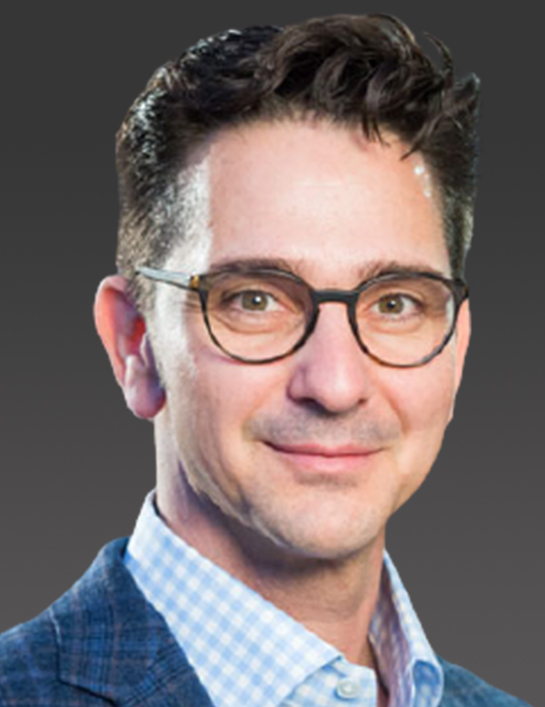
Posts and Affiliations
§ Clinical Director - Chairman – Interdisciplinary Breast Unit Kliniken Essen-Mitte, German
§ Scientific Director WSG – Academic Study Group for Breast Cancer
§ Lead Breast Cancer Research Program, Kliniken Essen-Mitte
§ Executive Board Member of the AGO (Arbeitsgemeinschaft Gynäkologische Onkologie)
Degrees and Qualifications:
§ Extraordinary Professor of Medical School, Humboldt University Berlin, Germany, University Hospital Charité - 2018
§ Habilitation & venia legendi, University Hospital Essen, Germany, 2008
§ PhD, “Adjuvant dose dense Chemotherapy at patients with high risk lymph node positive breast cancer“ Gynecological Oncology – Dept. of Gynecology and Obstetrics, University Hospital Essen, 2008
§ Medical School, Humboldt University Berlin, Germany, University Hospital Charité - 1991-97
Additional Roles
§ ESMO Faculty – Breast Cancer
§ Scientific Committee of the ESMO
§ Scientific Board of OPBC - Oncoplastic Breast Surgery
§ Scientific committee of national and international symposia in breast cancer and surgical oncology
§ Executive Board of AGO
§ Speaker of the AGIMed – Commission for Integrative Medicine of the AGO
§ Member of the Organ Commission Mamma of the AGO
§ Scientific Committee of the NOGGO – Breast Group
§ Global PI, Head of clinical investigations and trials
§ IDMC´s, Steering Boards national and international
Publications
Peer reviewed Publications: 228
First/Senior Author: 34
Congress Abstracts/Proceedings: 253
Books/Book Chapter: 59
Invited oral Presentations/Lectures: 862
Clinical & translational track record
§ Substantial track record of successful completion of national/international clinical studies as CI or PI
§ Chief investigator: 33 national/international collaborative academic phase 1-3 clinical studies
§ Principal Investigator 85 national/international institutional/collaborative phase 1b-3 clinical studies
§ Steering/Protocoll/IDMC 44national/international phase 1-3 clinical trials
§ Subinvestigator: 34 national/international institutional/collaborative phase 2-3 clinical studies
Brief Introduction to Kliniken Essen-Mitte and its Interdisciplinary Breast Unit

The KEM | Evang. Kliniken Essen-Mitte (KEM), academic teaching hospital of the University of Duisburg-Essen, is a highly ranked medical institution in Germany. As a tertiary referral centre about 2500 employees care for 1000 beds. In 2018, KEM has been ranked national wide on position 41 of all 2000 German hospitals.
Eleven year ago, Prof. Kümmel, together with Prof. du Bois, one of the most famous ovarian cancer specialist, founded the Women’s Cancer Center at KEM, consisting of Breast Unit and Gynecology & Gynecological Oncology Center.
After development of 11 years, the Interdisciplinary Breast Unit of KEM has become the largest in Germany and one of the largest worldwide. The team of KEM is actively involved in the development of national and international standards from diagnostics, surgery and systemic treatment.
The Interdisciplinary Breast Center consists of Dept. of plastic and reconstructive Breast Surgery (incl. Dept. of Microsurgery), Dept. of Breast Radiology, Dept. of Systemic Treatment (cooperation with Gynecological Oncology) and Dept. Integrative Medicine. According to a publication, the Dept. of Integrative Medicine is comparable with that of MD Anderson Cancer Center of USA.
First results of the last 11 years: There are 180 average primary Breast Cancer per year in 277 certified Breast Center in Germany. While at KEM, the team received 2,600 patients with Breast Cancer in 2020 and operated more than 2500 surgeries, and among which there are more than 600 implant reconstruction surgeries.
Science & Research: At the Breast Unit of KEM, 200 publications are published per year with a total impact factor of more than 1300.
Clinical Trials: The total patient recruitment since 2010 is more than 35%. And KEM ranks the first among the worldwide centers that are involved in the Study Network of Study on immunotherapy in early TNBC breast carcinoma.
According to Prof. Kümmel’s summary, the key words to success: specialization, research and cooperation.
